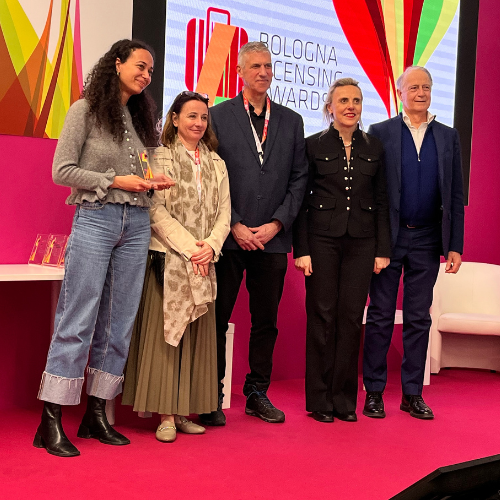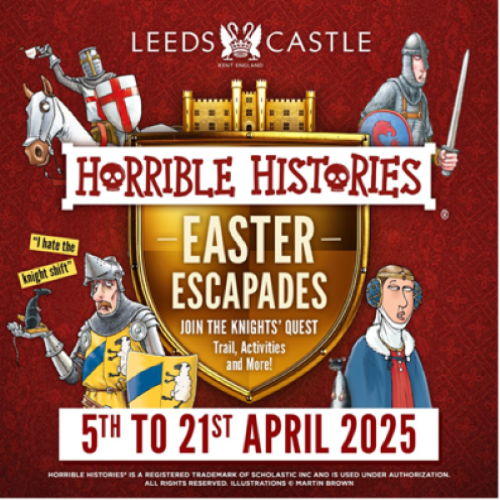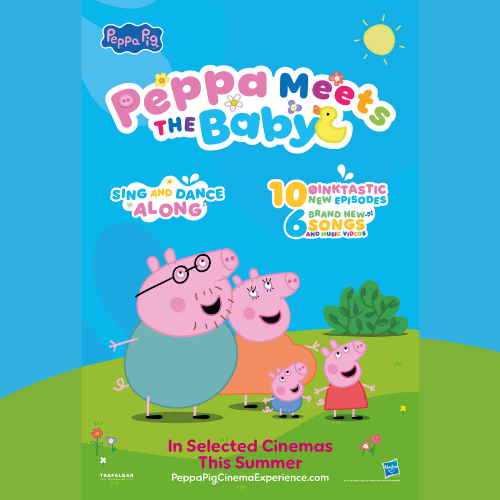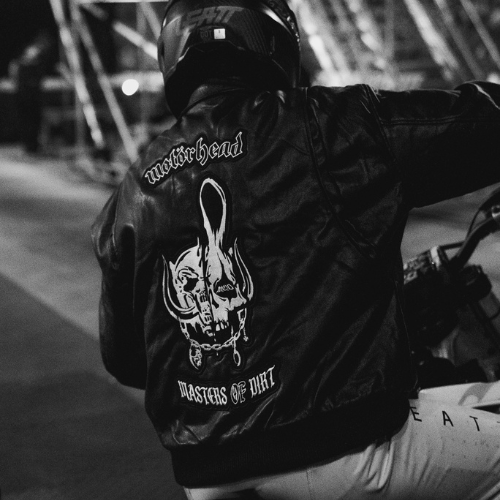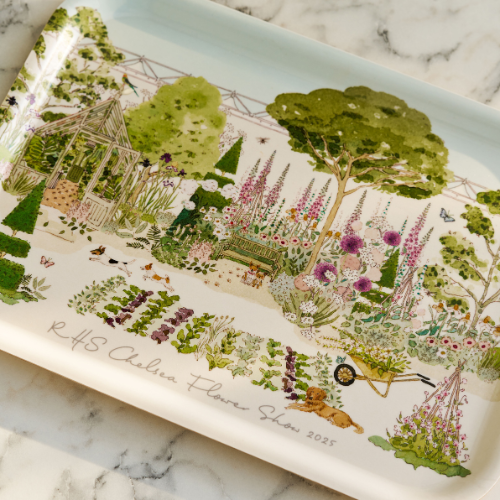Start Licensing’s Ian Downes highlights three food companies working with alcohol brands.
Rather like Oliver (Twist that is, not Jamie), I decided to go for more food this week and return to the IFE for my licensing finds.
A theme that I saw at the show – which highlights food and drink products – was the trend for manufacturers to use licences from brands in the alcohol sector. Food companies seem attracted to these brands as they deliver a distinctive taste profile, have well defined brand identity and allow manufacturers to develop products that are genuinely ‘new’ to market.
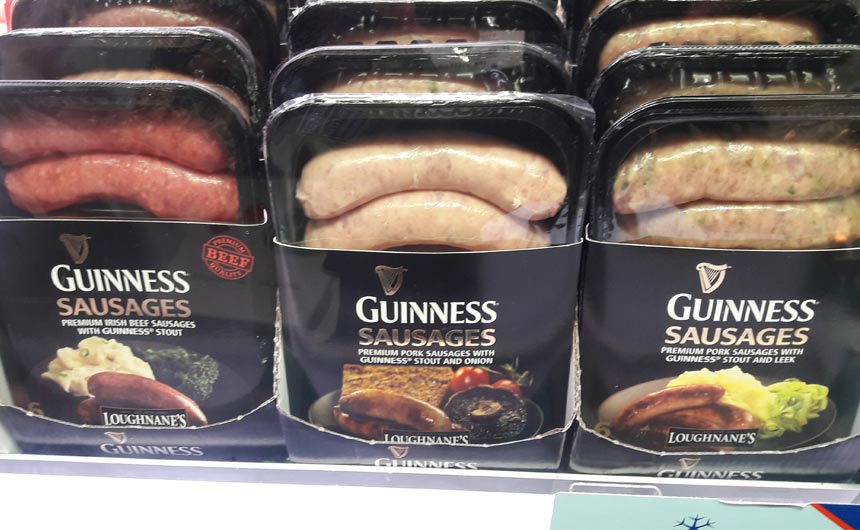
A great success story in this market is Guinness – it is a brand that has been extended successfully into a range of food products. At IFE, Loughnane’s of Galway was promoting its range of Guinness infused sausages including a Guinness & Leek sausage and a Guinness & Onion one. Its stand looked very busy and according to those who tried them, the sausages tasted really good.
Working with Guinness has given Loughnane’s access to a global brand that is well known and respected – it opens up new retailing and distribution opportunities. It also gives the company a product that is unique and original, allowing it to compete with bigger manufacturers on level terms.
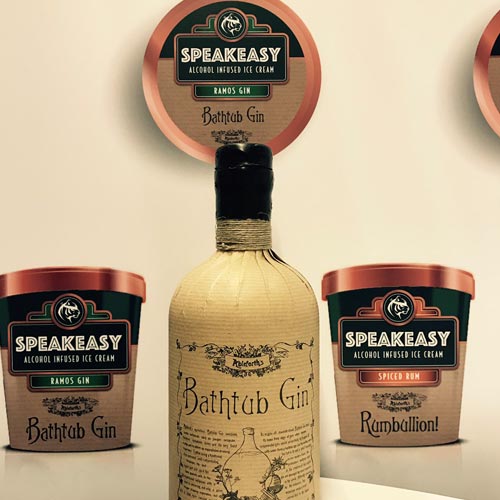
Start up company Speakeasy Ice Cream was making its public debut at the show. I have followed its progress as it is a company that I know. The product is alcohol-infused ice cream. It felt there was a gap in the market for this type of product and opportunities in markets such as clubs, bars and restaurants. Early on in the development journey, it realised that its product offering would be stronger and more compelling if it teamed up with identifiable brands.
For a start-up business, licensing gave it an opportunity to project activities in a bigger way. Using real brands also means that it has access to a brand owner who also has a vested interest in making a collaboration successful.
In Speakeasy’s case, it has teamed up with Kent-based distillery Ableforth’s to create three ice creams including Rumbullion, Cherry Brandy and Bathtub Gin. The packaging echoes Ableforth’s and the ice cream flavours work very well with authentic flavour notes.
IFE is a very competitive show but Speakeasy was able to stand out by leveraging this partnership. A member of Ableforth’s team was at the show talking to visitors about the partnership from its perspective. It is a really good example of licensing and brand partnership working well in the food sector.
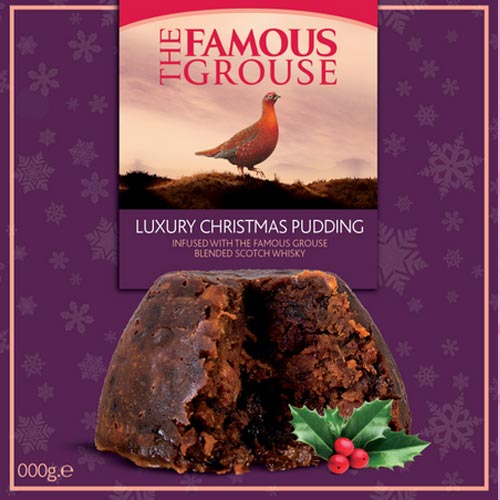
A further example of a food company working with an alcohol brand in a very smart way was The Ultimate Food Company which has linked with Famous Grouse Whisky to create a range of Christmas puddings, toffee puddings, chutneys and butters. Rather like Guinness, Famous Grouse is a brand with international recognition, a distinct flavour profile and a good link with the product categories the licensee is working in.
Again, here the win for the licensee is access to a big brand that will allow it to engage with a broad range of retailers. The challenge is making sure the product delivers the right taste experience for the brand owners and, of course, consumers. This is where licensing approvals and development are the key – both parties need to work together to develop a product that suits everyone.
Sometimes in food it is not possible to produce a licensed product featuring a well-known brand that strikes the right balance – taste, flavour, cost, production processes and consumer appeal. I think in this case Ultimate Food Company has succeeded – the packaging is also very strong, maximising the value of Famous Grouse at point of purchase.
These are three really good examples of a trend in the food industry – consumers are seeking more premium ‘eating’ experiences and are more accepting of the fusion of flavours. This creates a good opportunity for brand owners and licensees.
For brand owners, food developments of this kind give them the opportunity to deliver their brand flavours and tastes in new ways and in new distribution channels. This reinforces their brand value and helps them build a brand story. It is a challenging part of the licensing world, but one that if you get it right can be very rewarding.
Ian Downes runs Start Licensing, an independent brand licensing agency. His Twitter handle is @startlicensing – he would welcome your suggestions for what to look out for.












